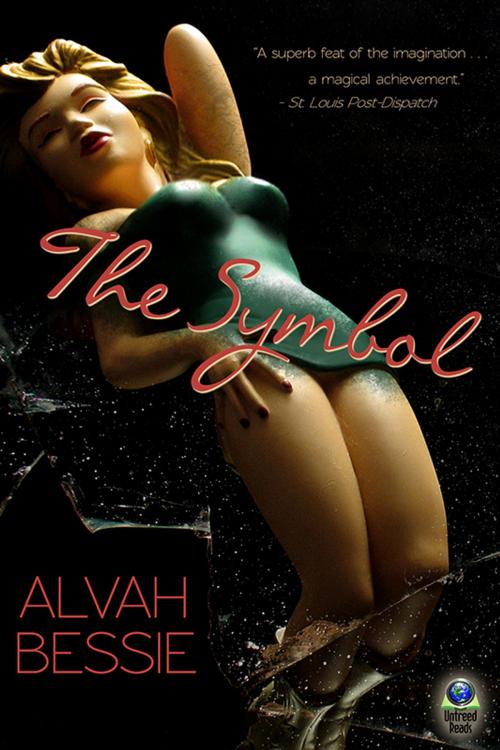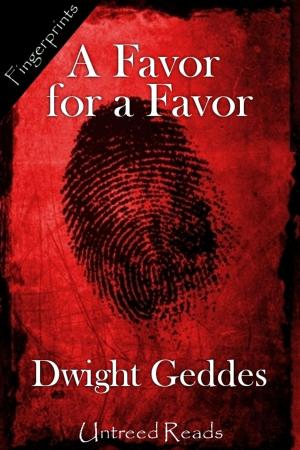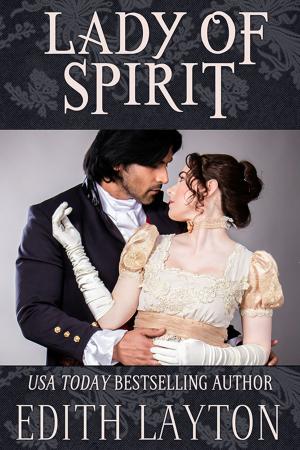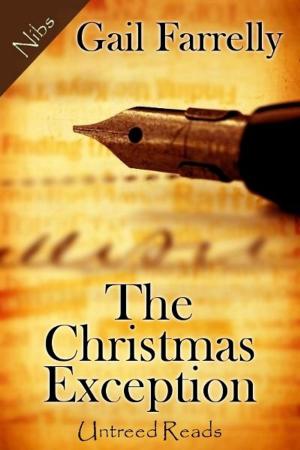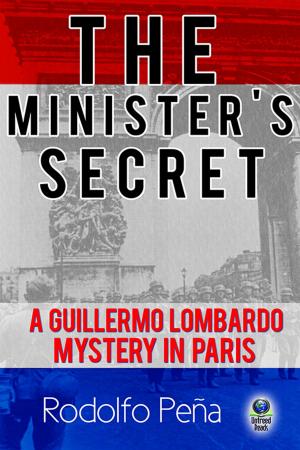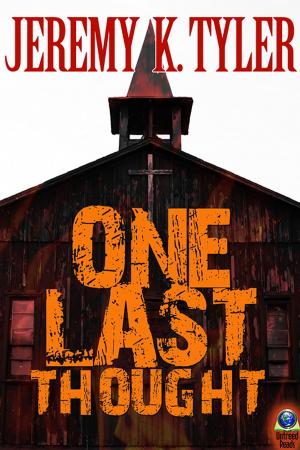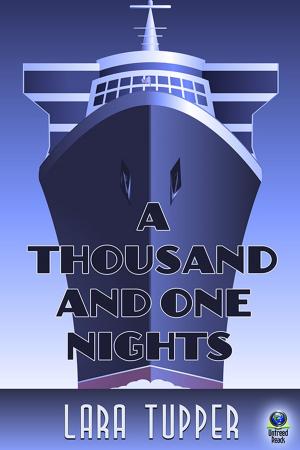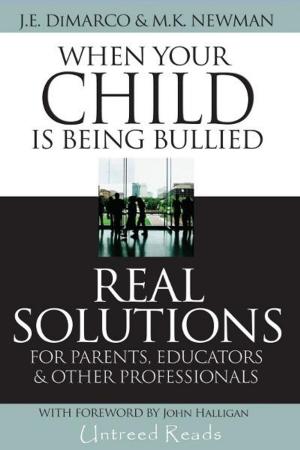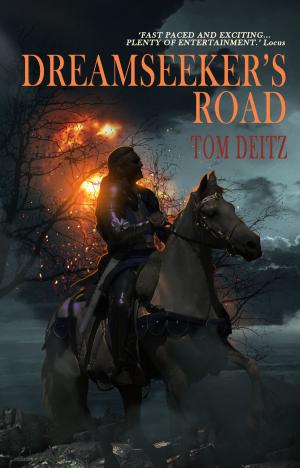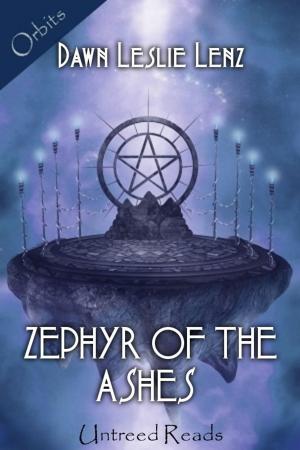| Author: | Alvah Bessie | ISBN: | 9781611876703 |
| Publisher: | Untreed Reads | Publication: | February 24, 2014 |
| Imprint: | Language: | English |
| Author: | Alvah Bessie |
| ISBN: | 9781611876703 |
| Publisher: | Untreed Reads |
| Publication: | February 24, 2014 |
| Imprint: | |
| Language: | English |
"You've clawed your way up the ladder of your chosen profession and you're at the top. The people who write to you—even the poor sick men who tell you what they'd like to do to you—are offering love in the only way they can. For you're an unattainable object to them. A love object, if you will, a symbol." The Symbol is the story of Wanda Oliver—an orphan child who became one of the great Hollywood stars of our time. Beautiful, redheaded, sexy, funny, she was the symbol of womanhood for millions. Her success was legendary, her personal life chaotic, her death, by her own hand, tragic. She was married and divorced three times—first with Tom Kelly, the young aircraft mechanic; then, after her star began to rise, with Buck Wishnewski, the great football hero, the shyest, nicest man Wanda was ever to know; and then with Calvin Bernard, the famous painter, who tried to teach Wanda what womanhood really meant. And besides her husbands there was Luke O'Brian, the wartime flying hero—a gentleman in the daytime and brutal, savage aggressor at night. And there was Helmut Thierbach, the brilliant German film star who treated women—including Wanda—as though they were objects to satisfy his desire. The Symbol is a triumph of storytelling as it moves from Wanda's childhood to her days as a photographer's model and bit player. It tells of her first real film role, her phenomenal rise in Hollywood, her disastrous loves and marriages, her growing dependence on alcohol and sleeping pills, her battles with the studios, and then the last tragic act of her life. In Wanda Oliver, Alvah Bessie gives us a full-length, absolutely convincing portrait. He has, in an uncanny way, entered her mind and heart, so that we know and feel what it must be like to be famous and so haunted. * ". . . a moving, penetrating novel . . . The Symbol is a good book, a true book and may be the final word on the creation and destruction of that fragile, glittering essence called Movie Star." - James Powers, Hollywood Reporter *"The Symbol is remarkable because it was written by a man and is the story of an entirely believable woman . . . we see her steadily and whole, from her ugly childhood to her early, sad, muddled end . . . there is not a cardboard figure or a canned voice in the novel." - Martha Gellhorn, St. Louis Post-Dispatch * "The Symbol . . . seeks to reconstruct the psychological—even the physiological—substance upon which one of the largest goddess myths was founded. In this, I think it succeeds admirably . . . an exciting addition to the small number of good books about our mythic creatures." - Wirt Williams, NY Times Book Reviews
"You've clawed your way up the ladder of your chosen profession and you're at the top. The people who write to you—even the poor sick men who tell you what they'd like to do to you—are offering love in the only way they can. For you're an unattainable object to them. A love object, if you will, a symbol." The Symbol is the story of Wanda Oliver—an orphan child who became one of the great Hollywood stars of our time. Beautiful, redheaded, sexy, funny, she was the symbol of womanhood for millions. Her success was legendary, her personal life chaotic, her death, by her own hand, tragic. She was married and divorced three times—first with Tom Kelly, the young aircraft mechanic; then, after her star began to rise, with Buck Wishnewski, the great football hero, the shyest, nicest man Wanda was ever to know; and then with Calvin Bernard, the famous painter, who tried to teach Wanda what womanhood really meant. And besides her husbands there was Luke O'Brian, the wartime flying hero—a gentleman in the daytime and brutal, savage aggressor at night. And there was Helmut Thierbach, the brilliant German film star who treated women—including Wanda—as though they were objects to satisfy his desire. The Symbol is a triumph of storytelling as it moves from Wanda's childhood to her days as a photographer's model and bit player. It tells of her first real film role, her phenomenal rise in Hollywood, her disastrous loves and marriages, her growing dependence on alcohol and sleeping pills, her battles with the studios, and then the last tragic act of her life. In Wanda Oliver, Alvah Bessie gives us a full-length, absolutely convincing portrait. He has, in an uncanny way, entered her mind and heart, so that we know and feel what it must be like to be famous and so haunted. * ". . . a moving, penetrating novel . . . The Symbol is a good book, a true book and may be the final word on the creation and destruction of that fragile, glittering essence called Movie Star." - James Powers, Hollywood Reporter *"The Symbol is remarkable because it was written by a man and is the story of an entirely believable woman . . . we see her steadily and whole, from her ugly childhood to her early, sad, muddled end . . . there is not a cardboard figure or a canned voice in the novel." - Martha Gellhorn, St. Louis Post-Dispatch * "The Symbol . . . seeks to reconstruct the psychological—even the physiological—substance upon which one of the largest goddess myths was founded. In this, I think it succeeds admirably . . . an exciting addition to the small number of good books about our mythic creatures." - Wirt Williams, NY Times Book Reviews
